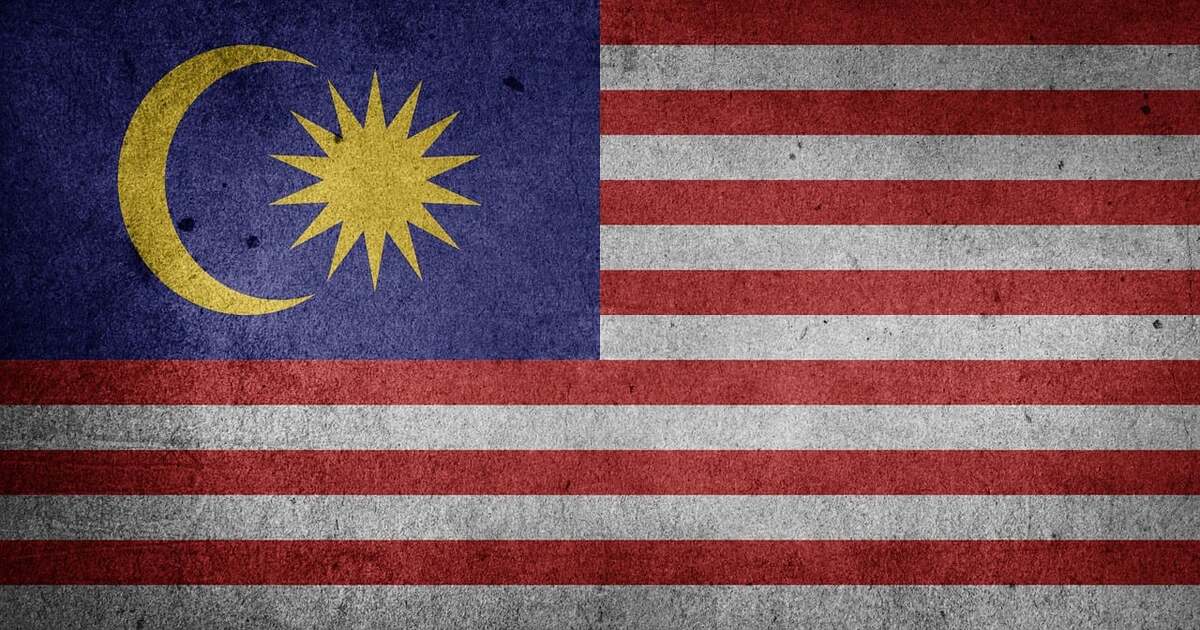Mahathir’s Malaysian Mayhem
The relentless horse trading among Malay politicians has not only undone the result of the 2018 election, but seemingly put an end to a genuinely multi-ethnic coalition.
March 9, 2020

Mahathir has himself largely to blame for the recent crisis from which he appears to be the loser. It saw the 94-year-old Mahathir Mohammad first resign, then re-appointed and thereafter replaced as prime minister of Malaysia.
In this apparent game of musical chairs, Mahathir initially seems to have gone along with a plot to keep his would-be successor Anwar Ibrahim out of power.
More than a game of musical chairs
This was significant because it had been the two men’s improbable alliance in the 2018 election that had wrought the ouster of the United Malays National Organisation (UMNO) and its allies after five decades in power.
At the time, Mahathir had promised to hand over to Anwar within two years but proved reluctant to do so. The plot involved Mahathir’s all-Malay Bersatu party, as well as rebels from the multi-ethnic coalition comprised of Anwar’s own moderate mostly Malay party, Keadilan Rakyat, and the mostly Chinese Democratic Action Party.
But Mahathir baulked at any alliance which needed support of members of UMNO, trounced at the 2018 polls. They had engaged in massive cronyism and rent seeking and the misappropriation of $4.6 billion of funds through the state entity 1Malaysia Development Berhad.
The politics of everybody against everybody?
However, Mahathir’s own deputy at Bersatu, Muhiyuddin Yassin, saw the chance to lift himself into the premiership. With no qualms about allying Bersatu with UMNO members and PAS — and doubtless with promises of office to a few non-Malays — Mahathir’s deputy was apparently able to convince the king that he had the backing of a majority of members of parliament.
It remains to be seen whether that is the case. Millions of Malaysians, especially non-Malays, are seething because the horse trading among Malay politicians has undone the result of the 2018 election and seemingly put an end to a genuinely multi-ethnic coalition.
The result can only mean the continued exodus of capital as non-Malays look for investment opportunities in locations where their race is not penalized.
Pro-Malay preferences forever?
Preferences for ethnic Malays in the economy, education and employment were introduced in 1971. This was an effort to bring Malay levels up to those of the formerly migrant communities and address the Malay resentments which had surfaced in the 1969 riots when many, mostly Chinese, were killed.
Nearly 50 years later, these preferences remain largely in place. Income and education gaps between the communities have narrowed — but are still significant.
Even Mahathir himself has accused the Malays of failing to take advantage of the preferences to improve themselves. But such sentiments carry little weight in a society focused of race and where the Malay share of the population is increasing due to its higher fertility rate.
Meanwhile, social divisions in Malaysia between Malays and others have been deepened by the spread, thanks largely to government policies, of a more conservative Islam focused on outward symbols.
Still enjoying prosperity
Malaysia still enjoys a modicum of prosperity thanks to history and an abundance of natural resources. But even without racial divides, it has appeared to be firmly stuck in the past.
There actually is little chance of escape when racial discrimination is causing the loss of talent and capital, and when even many Malays find themselves frustrated by a system which rewards rent-seekers and religious obscurantists.
Serious internal splits
Ultimately, this situation threatens to undermine the basis of a nation where about 35% are non-Muslims.
In addition, it raises new questions about the longer-term adherence of the Borneo states Sarawak and Sabah (located next to Singapore). They were joined to Malaya back in 1963 in order to facilitate the British de-colonization process.
Sarawak is just 30% Muslim, while Sabah is an ethnic patchwork of local indigenous groups plus Chinese and migrants from the troubled southern Philippines.
Both states are less developed, but also less socially divided than the peninsula ones. Moreover, although comprising only 17 % of the Malaysian population, they are resource-rich.
It is through them that Malaysia has large Exclusive Economic Zones in the South China Sea which China claims as its own — although they are located 1,000 kilometers from its own coasts.
Conclusions
At a time when China itself is increasingly Han-centric and when it is looking to ethnic Chinese everywhere for solidarity, Malaysia’s geography and its ethnic issues make it a much more important place than a population of 28 million might suggest.
As memories of colonialism and white racism fade, rival racial consciousness among both Malays and China is troubling.
Takeaways
Malaysians -- especially non-Malays -- are seething because the horse trading among Malay politicians has undone the result of the 2018 election.
Malaysia’s Mahathir Mohammad has himself largely to blame for the recent crisis from which he appears to be the loser.
In an apparent game of musical chairs, Mahathir seems to have gone along with a plot to keep his would-be successor Anwar Ibrahim out of power.
As memories of colonialism and white racism fade, rival racial consciousness among both Malays and China is troubling.